
Telerik Report Server
What's New R3 2018
What's New HistoryScheduled Tasks and Data Alerts Improved
With R3 2018, we’ve enabled the delivery of a batch of reports in a single e-mail using line-of business functionalities of the Report Server like report scheduling and data alerts. We also enabled the task author to set unique e-mail template for the external task subscribers. This new feature improves the user experience of the report server subscribers making the report delivery to their mail boxes easy to grasp.
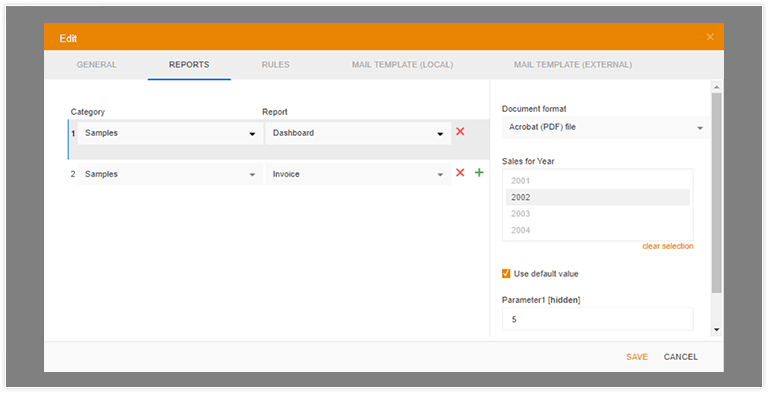
REST APIs version 2
Integrating the server with the clients’ applications using our REST APIs gets more popular. We realized there are some aspects of the APIs that should get improved and extended. With R3 2018, we introduce our Report Server REST APIs version 2, giving the developers even more flexibility when managing the server programmatically, within their applications. Hate writing C# plumbing code to call web API endpoints? We’ve got you covered, as we also release a C# client for all API endpoints.
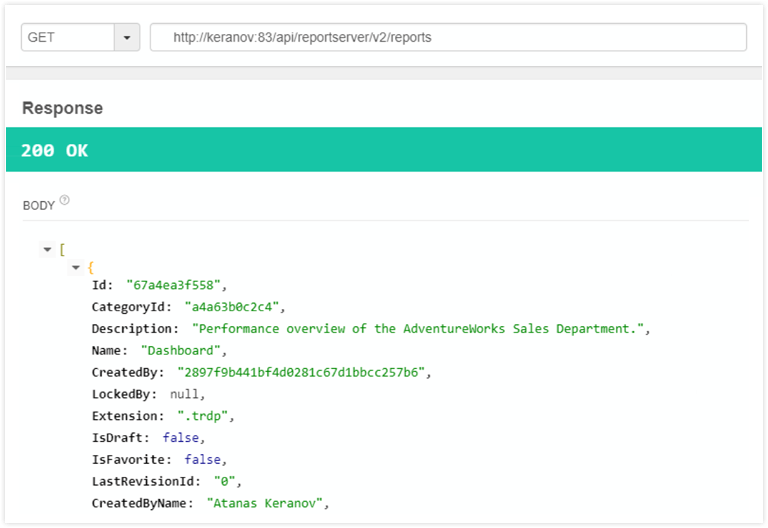
Localization of The Web Management App
Now, Report Server localization is ready. We’ve exposed all necessary text resources to enable localization capabilities for all strings part of the Report Server management UI. Developers can now translate both the Report Management and Report Designer parts of the product in a language of their choice to better target their audience. Or just customize some strings of their choice.
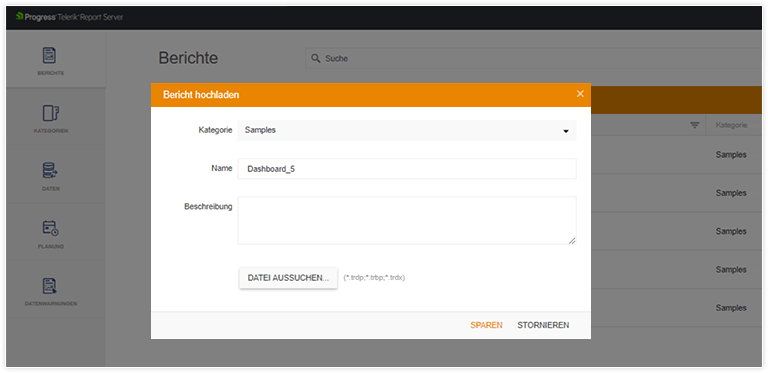
Data Consolidation in Pie Charts
With R3 2018, we've enabled the representation and readability of pie chart data in an easily consumable form. Report authors can now consolidate small slices in pie or bar charts wherever applicable so that chart visualizations don’t get cluttered with insignificant data.
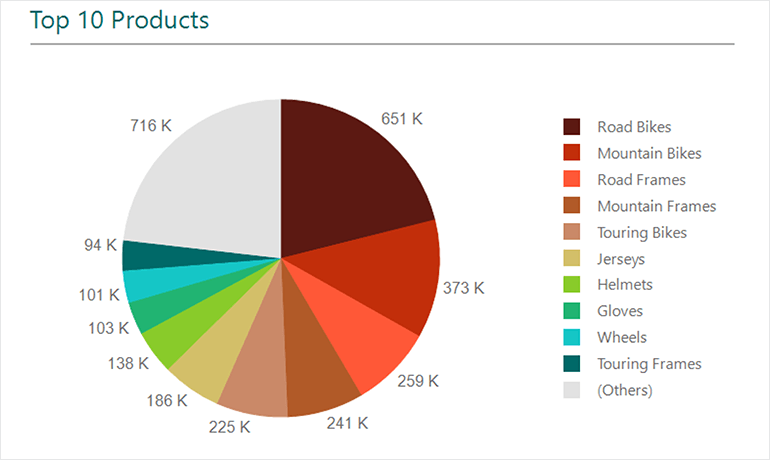
Export in PDF/A Format
PDF is the most used export format in Telerik Report Server. In our third release of 2018, we’ve added support for the PDF/A ISO-standardized version of this format, specialized for use in archiving and long-term preservation of electronic documents. It is self-contained in terms of needed assets (e.g. fonts, encryptions, annotations) ensuring that the document will look exactly as-is on any machine.
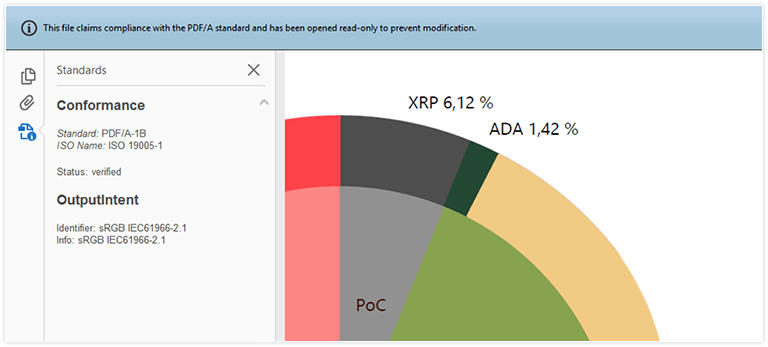
Pre-configured Report Server Deployment Tools
Deploying a pre-configured Report Server instance along with reports set and scheduled tasks can be a challenging task. To help you, our developer clients we have prepared a set of tools that allows easy, command-line based Report Server installation and assets import prepared from the development copy of the Report Server, again using these tools. These functionalities will be useful in continuous deployment scenarios, where the target storage needs to be regularly updated.
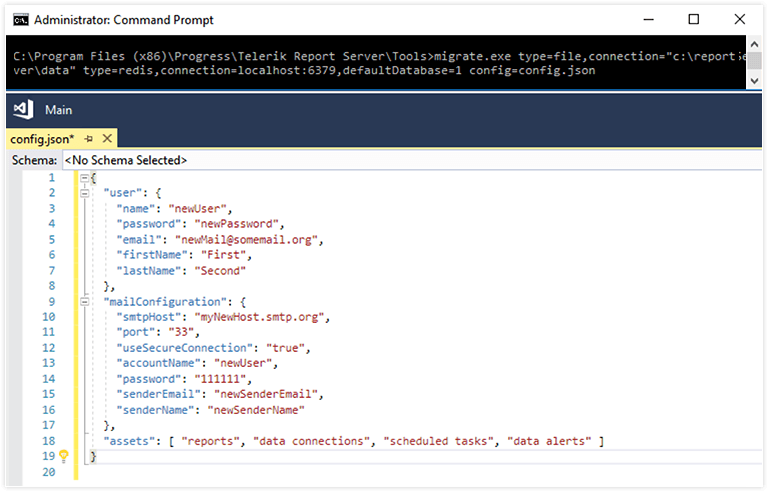
Single Sign-On Experience with Custom Login Provider
Single Sign-On scenario takes place when the Report Server Manager needs to be accessed as a part of another web application - usually an enterprise web application or company business portal. In these cases, the users that have already authenticated themselves against the company application, should not be forced to enter their credentials again to login in Report Server Manager. Instead, they must be seamlessly and securely logged-in when the browser gets redirected to the Report Server URL from the calling web application. Now Report Server provides a Single Sign-On experience through the configurable Custom Login Provider.
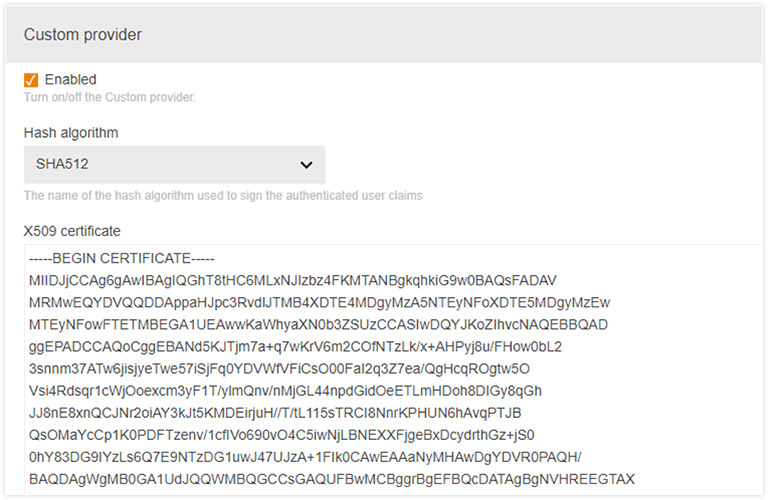
New features & Roadmap
Have a feature request?
Post your feedback via the Report Server feedback portal or the public forums
What's new across all Telerik products?

Next Steps
See Report Server in action and learn what it can do out of the box.
Check out the offers.
Try Report Server with dedicated technical support.
